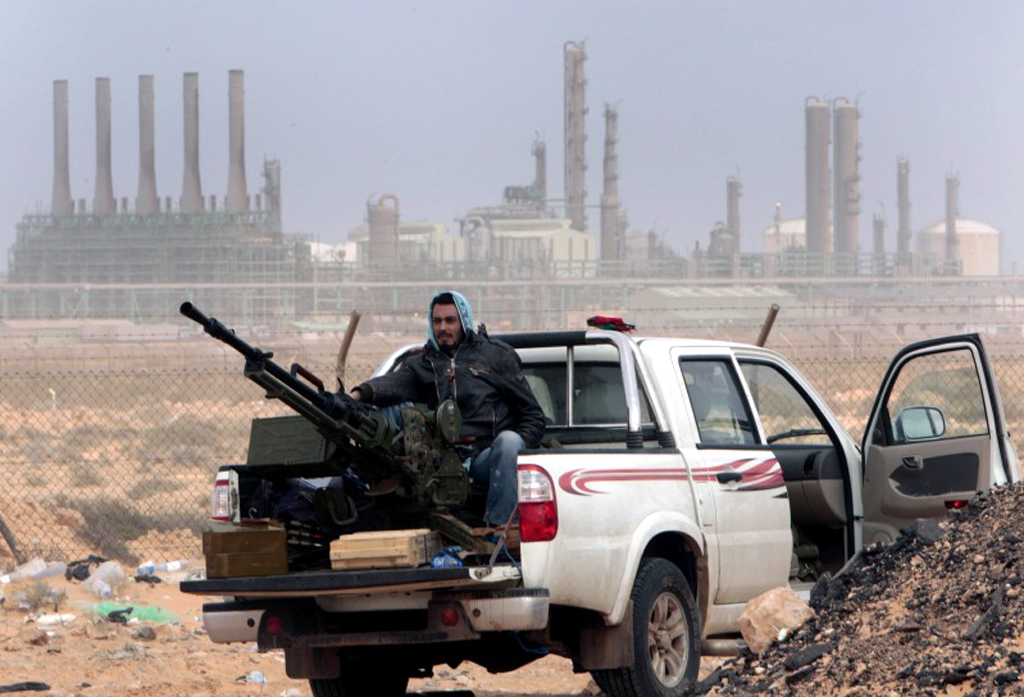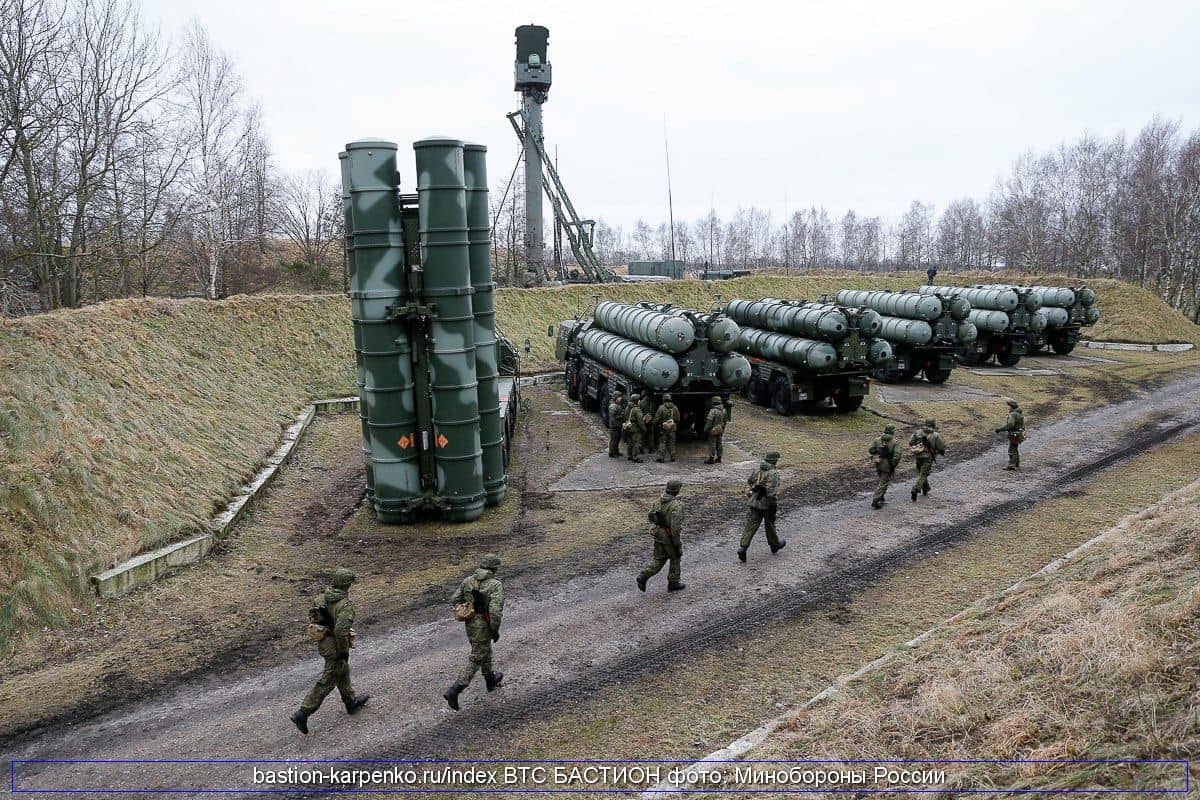Tripoli: Fighting raged south of Libya’s capital Sunday despite a UN call for a two-hour ceasefire, as forces of strongman Khalifa Haftar and the internationally recognised government exchanged air strikes.
The unity government said the fighting had killed 21 people, while the United Nations said there had been “no truce” despite calls for a two-hour pause in fighting for civilians and the wounded to flee.
Oil-rich Libya has been riven by chaos since the NATO-backed uprising in 2011 that killed dictator Moamer Kadhafi, as rival administrations and armed groups have battled for power.
Haftar’s offensive on Tripoli, launched Thursday, has threatened to plunge the country into a full-blown civil war and once again derail tentative diplomatic efforts to find a political solution to Libya’s woes.
After a pause overnight, fierce fighting flared Sunday morning south of Tripoli between Haftar’s self-styled Libyan National Army (LNA) and forces backing the internationally recognised Government of National Accord (GNA).
As clashes raged in the rural area of Wadi Raba and the destroyed international airport south of the capital, a spokesman for pro-GNA forces announced a counteroffensive.
Colonel Mohamed Gnounou told reporters that operation “Volcano of Anger” aimed at “purging all Libyan cities of aggressor and illegitimate forces”, in reference to Haftar’s fighters.
The LNA said it had carried out its first air raid on a Tripoli suburb, defying international calls for a ceasefire.
The unity government’s health ministry said Sunday at least 21 people had been killed and 27 wounded since the fighting began, without specifying whether civilians were among the dead.
Haftar’s force said Saturday that 14 of its personnel had been killed, while the Libyan Red Crescent reported the death of one of its doctors.
Emergency services spokesman Oussama Ali said rescuers “have not been able to enter” the battle zones.
‘War without a winner’
The UN’s Libya mission UNSMIL said it was “still hoping for a positive response” to its earlier call for a pause, after a two-hour window it had set for a humanitarian truce passed with no apparent let-up in the fighting.
GNA head Fayez al-Sarraj warned Saturday of a “war without a winner” and said reinforcements were pouring into Tripoli to battle Haftar’s forces.
Powerful armed groups from the western city of Misrata and fighters from Zintan and Zawiya — battle-hardened militiamen who took part in the 2011 uprising against Kadhafi — have joined the battle.
At least one armed group from Misrata, Brigade 166, arrived Saturday in eastern Tripoli to join the counteroffensive with dozens of vehicles, some mounted with anti-aircraft guns, an AFP photographer said.
“We are waiting for orders to repel any advance by the enemy towards Tripoli,” said the group’s spokesman Khaled Abu Jazia.
Misrata fighters ousted the Islamic State group from Libya’s coastal city of Sirte, Kadhafi’s hometown, in 2016 after months of fighting.
Haftar has also presented himself as the scourge of Islamist extremists, pushing hardline militias out of the eastern city of Benghazi in 2017 after a deadly three-year battle.
Sunday’s LNA air raid came a day after pro-GNA forces launched their own air strikes for the first time since the offensive began, targeting at least one LNA position south of Tripoli.
LNA spokesman Ahmed Mesmari had vowed the force would retaliate.
On Saturday he said pro-Haftar fighters were “progressing on several fronts… as planned” and that Tripoli would soon be captured.
Protracted war’
The US military said Sunday it had temporarily pulled an unspecified number of its troops out of Libya “in response to security conditions on the ground”.
Analysts say Haftar has been buoyed by a series of successful operations that have brought all of the east and much of southern Libya under his control.
A field marshal who served under Kadhafi and now backs an administration in eastern Libya opposed to the GNA, Haftar was counting on a swift battle to capture Tripoli.
But some experts say he miscalculated.
“To date, Haftar’s operation has mostly failed to go according to plan, and it has now galvanised western Libyan forces against him,” said analyst Wolfram Lacher.
“He now faces the prospect of a protracted war south of Tripoli, or of a decisive defeat,” said Lacher, a researcher with the German Institute for International and Security Affairs.
Haftar’s offensive came as UN chief Antonio Guterres visited Libya on Thursday days ahead of a planned UN-backed conference aimed at uniting Libya’s rivals and paving the way for elections.
The UN Security Council has called on Haftar’s forces to halt their advance, warning it would further destabilise Libya.
Envoy Ghassan Salame has insisted the UN was “determined” to go ahead with the April 14-16 conference.
Sarraj accused Haftar of “betraying” a February deal to hold elections and create a new unity government before year’s end.











